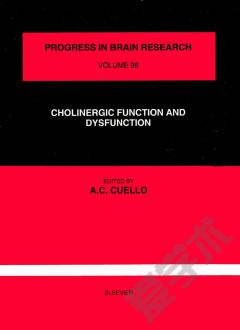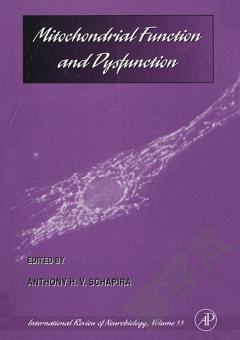Otolith Function and Disorders
During recent years a considerable body of experimental and clinical work has demonstrated the direct involvement of the otolith organs in stabilizing body and gaze which led to the development of specific functional tests, resulting in the emergence of an otolith semiology. The contributions of some of the pioneers in the field of otolith function and disorders are gathered in this volume which reports on an international meeting devoted to ‘Otolith Function’ held in Paris in January 2000. Topics presented were: Ultrastructural features of the two maculae with special emphasis on the neuromediators involved in vestibular signal processing; Review of the physiology of the otolith organs and some fascinating and unexpected roles of these structures in current clinical symptoms; Principal otolith-related syndromes drawing on clinical experience; Development of thoughts on the role of otoliths in movement perception; Clinical and instrumental investigation of otolith function and a critical appraisal for the tests used in vestibulometric practice with emphasis on the experience in eccentric rotatory testing; Use of the subjective visual vertical test, off-vertical axis rotation and click-evoked myogenic potentials as tools for functional investigations of the otolith organs. This volume provides an exhaustive view of the field in vestibulology, not only for neurophysiologists, otologists, neurologists, and kinesitherapists who are specialized in vestibular rehabilitation, but also for geriatrists and specialists in space medicine.
{{comment.content}}








 京公网安备 11010802027623号
京公网安备 11010802027623号